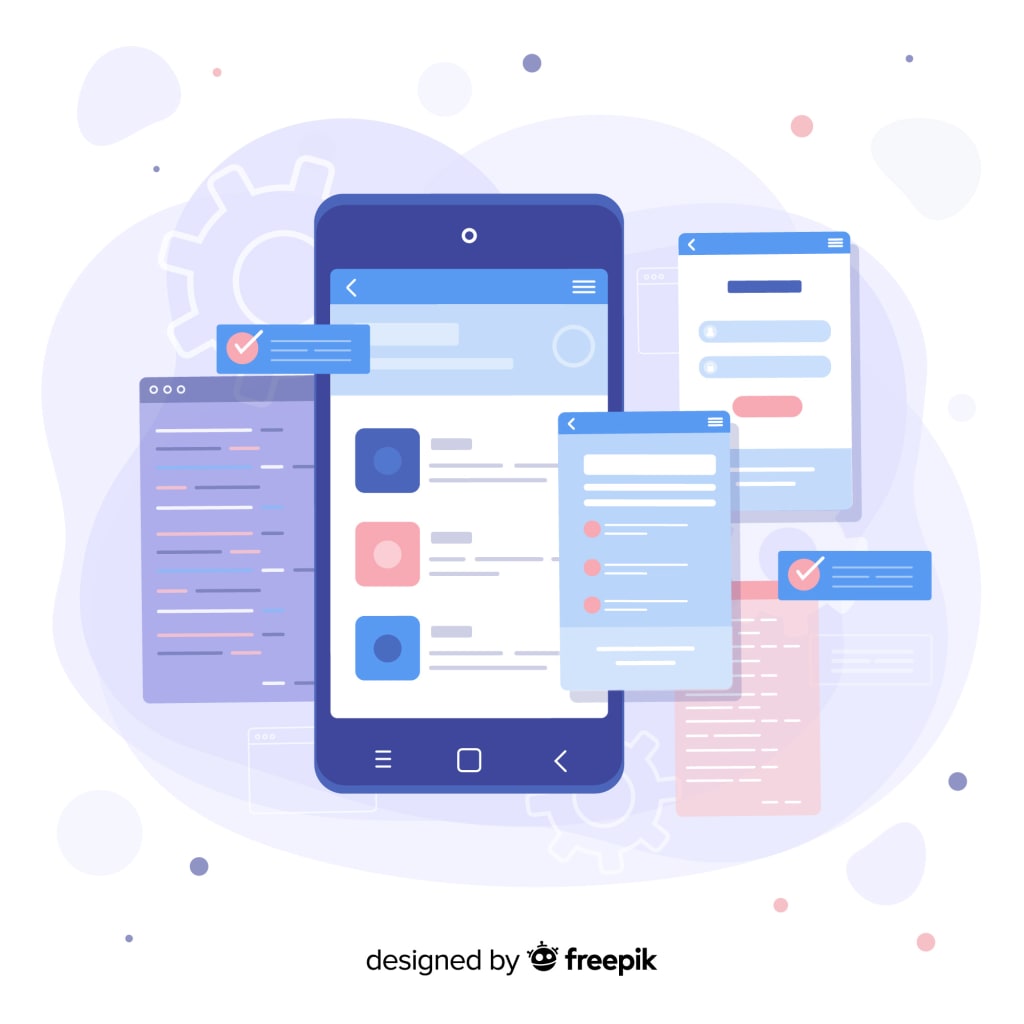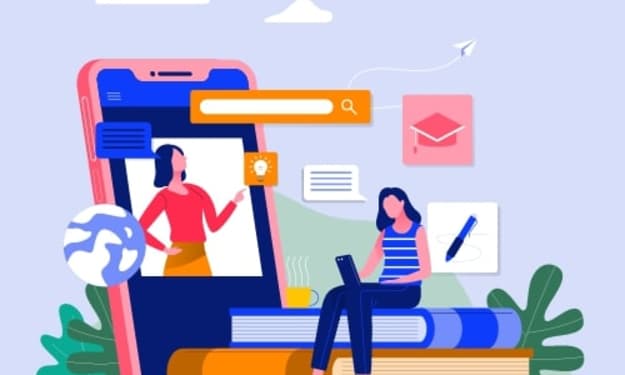Best Educational App Development Company
Educational App Development

Educational apps have become increasingly popular in recent years as more and more people turn to technology for learning and education. An educational app development company specializes in creating educational apps for students, teachers, and educators.
There are many benefits to using educational apps in the classroom and for personal learning. They can be accessed from any device with an internet connection, allowing students to learn at their own pace and on their own schedule. Educational apps can also be tailored to the individual needs of each student, providing personalized learning experiences.
Educational app development companies work with educators and experts in various fields to create engaging and effective learning experiences for students. These apps can cover a wide range of subjects, including math, science, history, language arts, and more.
One key aspect of educational app development is the design and user experience. The app should be easy to navigate and use, with clear instructions and interactive elements to keep students engaged. It's also important for the app to be visually appealing, as this can help to hold students' attention and make the learning experience more enjoyable.
In addition to the content of the app, educational app development companies also focus on the technical aspects of the app, such as compatibility with various devices and platforms, security and privacy, and regular updates to ensure the app remains current and relevant.
As technology continues to advance, educational apps have become increasingly popular as a way for students to learn and for teachers to supplement their curriculum. These apps offer a variety of features that can help students of all ages and abilities to succeed in their studies. Here are some of the most common features found in educational apps:
Interactive lessons: Many educational apps offer interactive lessons that allow students to engage with the material in a more hands-on way. This can include activities, games, quizzes, and other interactive elements that help students understand the concepts being taught.
Personalized learning: Some educational apps offer personalized learning, which means that the content is tailored to the individual student's needs and abilities. This can be especially helpful for students who may struggle with certain subjects or who need extra support.
Progress tracking: Many educational apps allow students to track their progress as they work through the material. This can help students set goals, see their progress over time, and stay motivated to continue learning.
Multimedia content: Many educational apps include multimedia content, such as videos, audio recordings, and interactive graphics, which can help students understand complex concepts in a more visual and engaging way.
Collaboration tools: Many educational apps include collaboration tools, such as forums or chat rooms, which allow students to work together and share ideas and feedback with each other. This can help students feel more connected to their peers and can foster a sense of community within the app.
Gamification: Some educational apps use gamification, which means that they incorporate elements of games into the learning experience. This can help make learning more fun and engaging for students, which can improve retention and motivation.
Educational app development is a process that involves the creation of an app that is specifically designed to help students learn new concepts, skills, and ideas. There are many different types of educational apps, ranging from interactive quizzes and games to virtual tutoring platforms and language learning software.
The process of developing an educational app begins with identifying the target audience and determining the specific educational goals of the app. This is important because it helps to ensure that the app is tailored to the needs and interests of the students who will be using it.
Once the target audience and educational goals have been identified, the next step is to start planning and designing the app. This involves creating wireframes, user flows, and other design elements that will be used to guide the development process.
Once the design has been finalized, the next step is to begin coding the app. This involves building the app's front-end interface, as well as its back-end functionality. This is typically done by a team of developers using a variety of programming languages and frameworks.
Once the app has been coded, it is time to test it to ensure that it is functioning as intended. This involves performing various types of testing, including user acceptance testing, functional testing, and performance testing.
Finally, once the app has been thoroughly tested and is ready for release, it is time to launch it on the appropriate app store (such as the Apple App Store or Google Play Store). This involves submitting the app for review and making any necessary updates or changes before it is made available to users.
Overall, educational app development companies play a vital role in the world of education, creating innovative and effective tools for students and educators to use in the learning process. With the increasing reliance on technology in education, these companies will continue to be in high demand in the coming years.





Comments
There are no comments for this story
Be the first to respond and start the conversation.